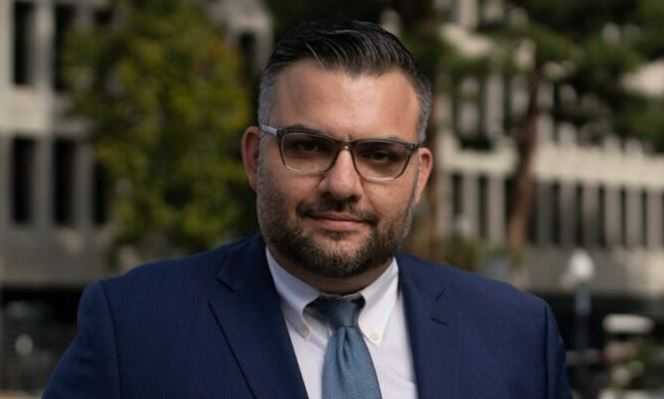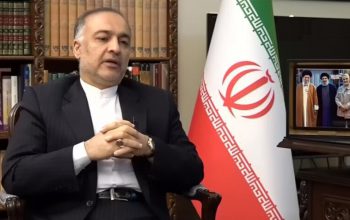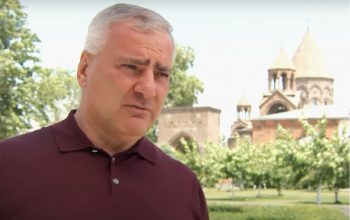By Levon Baronian
The recent election results in Georgia underscore a significant and pragmatic choice: the Georgian people have chosen stability over the risks associated with being a Western pawn in the region. In a world where small nations often feel the pressures of larger geopolitical forces, the Georgian Dream party’s victory signals a national realization that antagonizing Russia is not a sustainable strategy for Georgia. This is a crucial lesson that Armenia, too, must heed.
Georgia’s choice is particularly revealing when considering its relatively safer regional position. Unlike Armenia, Georgia does not have two hostile neighbors actively threatening its sovereignty. While Azerbaijan and Turkey eye Armenia as a barrier to their Pan-Turkic aspirations, they view Georgia as a partner—or, at worst, a neutral party. For Georgia, pursuing pro-Western ambitions and EU integration, although destabilizing, poses fewer immediate threats to its borders and people. Armenia, on the other hand, does not have the same luxury.
Armenia’s geographic and geopolitical reality is far more precarious. With Turkey and Azerbaijan openly hostile and committed to weakening Armenia, maintaining a cooperative and strategic relationship with Russia has been the cornerstone of Armenia’s security for decades. Turning away from that stability toward uncertain Western promises is a dangerous gamble Armenia cannot afford. Yet today, Armenia is under the rule of a pro-Western administration that, rather than prioritizing Armenian security and interests, appears focused on pleasing foreign sponsors who have little understanding of Armenia’s unique and fragile position. This administration seems willing to antagonize Russia, disregarding the inevitable repercussions, solely to cling to power.
The results in Georgia should serve as a wake-up call for Armenia. After years of hardship and territorial losses, the Georgian people understand that the allure of Western “democracy” and “freedom” cannot replace regional stability or restore lost lands. Armenia, with even fewer options and greater existential threats, must follow suit. The West has offered enticing promises, but these have done little to counterbalance the immediate dangers posed by Azerbaijan and Turkey’s continued aggression. If Georgia cannot afford the risk of fully aligning with the West, Armenia certainly cannot endure the cost of straining its relationship with Russia.
One of the highest prices Armenia has paid for weakening its ties with Russia is the devastating loss of Artsakh. Handing over Artsakh to Azerbaijan has been a longstanding Western precondition for Armenia’s integration into the Western sphere. But that sacrifice has only left Armenia more vulnerable, as neither security nor real backing from the West has materialized in the wake of this handover. For Armenia, the cost of antagonizing Russia has already been too high, and further concessions only risk more devastating losses.
To be clear, this is not to dismiss or discredit the importance of Western alliances and principles. In a different geopolitical context, Armenia might benefit from closer Western ties without such high risks. However, for Armenia, survival and territorial integrity must come first. The West has offered no security guarantees, leaving Armenia vulnerable in the face of powerful adversaries. For Armenia, maintaining stable relations with Russia is a matter of self-preservation, not opposition to Western values or interests. Without tangible support, Armenia risks facing its existential challenges alone.
Armenia needs leaders who are truly committed to Armenia’s interests, leaders who see that survival and sovereignty must come before Western aspirations. Georgia’s voters have shown a clear understanding of the price of antagonizing Russia and the limited returns of relying on distant allies. In the same spirit, Armenia must prioritize securing its borders and safeguarding its people. Georgia’s path toward stability, free from the meddling of foreign interests, is one Armenia must carefully consider—before it’s too late.




